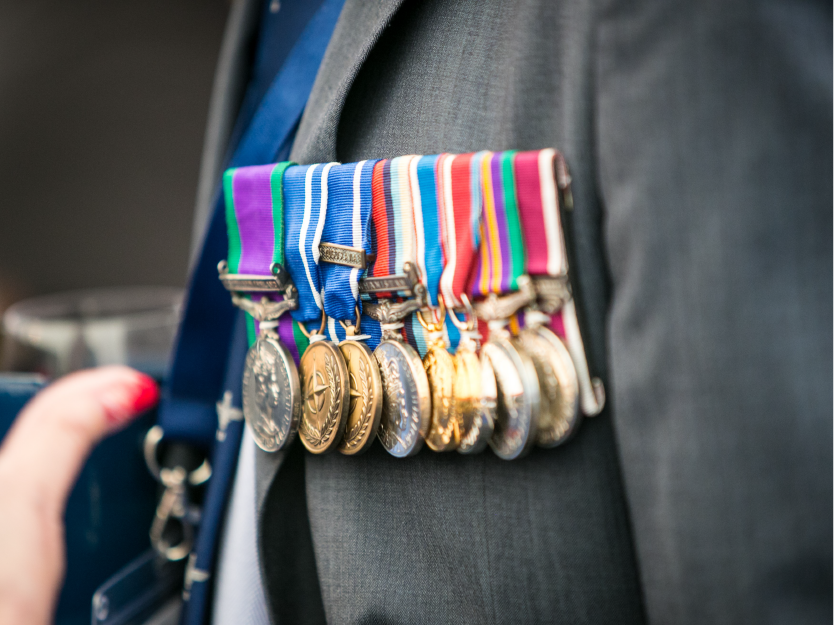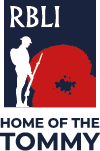RBLI’s Lifeworks employability programme joins with Positive Transition

Each year around 15,000 personnel leave the Armed Forces, and while many successfully transition to civilian life, for others it’s much harder. Royal British Legion Industries’ (RBLI) Lifeworks employability programmes was launched in 2012 to help veterans navigate civilian life. Lifeworks has since helped almost 6,000 veterans into employment, training, or volunteering roles. During the four-day residential programme the Lifeworks team also look at any underlying barriers that veterans may face such as welfare, mental and physical health, and housing issues.
RBLI has now added to its offering by joining with Positive Transition to provide each Lifeworks delegate with a lifetime licence to the online support platform for Service leavers, that helps with employment, accommodation, finances, education, health, wellbeing and community.
Steve Parrott, RBLI’s Head of Lifeworks said, “Like Lifeworks, the Positive Transitions platform was developed by veterans for veterans. It made sense to offer this to Lifeworks delegates as it’s a one stop shop that can help Service leavers establish themselves in civilian life. It helps with all the things you don’t have to think about when you’re serving, from finding employment and housing to finding and registering with a GP in your area and managing your finances. When you leave the Armed Forces you leave a way of life, you’re on your own, often for the first time in many years. The Positive Transitions platform will really help people who go through our Lifeworks programme.”
Tim Jones, CEO and Founder of Positive Transitions said, “Transition is a part of everyday life, but for people leaving the Armed Forces after service it is about so much more than just finding another job. When people leave the service environment, they’re expected to find their own way. While many go on to be successful there are a significant number that struggle, if not straight away, then further downstream. Positive Transition is a digital service that delivers employment support via web and mobile devices. It also provides information advice and guidance around housing, finances, education, and health, all tailored to the individuals own personal circumstances. It’s also available to the families too. It’s a pathway to a positive future that’s born out of the lived experience and then the provision for 25 years of transition support to people across the entire Armed Forces community.”
For further information about RBLI’s Lifeworks employability programme go to rbli.co.uk/what-we-do/lifeworks/
For further information about Positive Transitions go to https://plus-t.co.uk/
RBLI’s Lifeworks is an award-winning employment support programme, designed to equip veterans with the necessary tools to find meaningful employment outside the Armed Forces. RBLI’s Lifeworks employability programme supports veterans into employment, often those who are furthest from the labour market, as they may have mental and physical health challenges. At the heart of the Lifeworks programme is a four-day residential course delivered by veterans to veterans that takes place throughout the year at locations across the UK from Cornwall to Scotland when the focus is also to improve confidence and skills and address mental health issues.
Before enrolment on the course the Lifeworks team provides every person with a free vocational assessment, helping them to apply their existing skills and experiences in the military to support them on their employment journey. Family members of personnel who are currently serving in the Armed Forces benefit from the course as it’s vital to recognise the impact constantly moving has on their lives and work.
Courses and support are tailored to suit the requirements of participants, and specialists work with each individual, helping to find and secure a job, training or volunteering opportunity that is right for them. The Lifeworks team achieves these goals by approaching underlying barriers veterans may face such as welfare, mental health, and housing issues.
